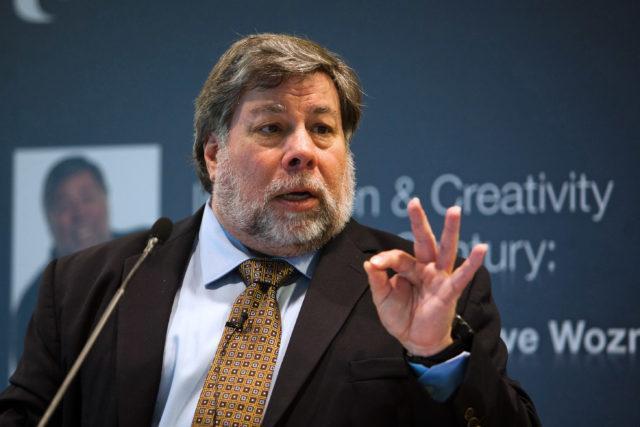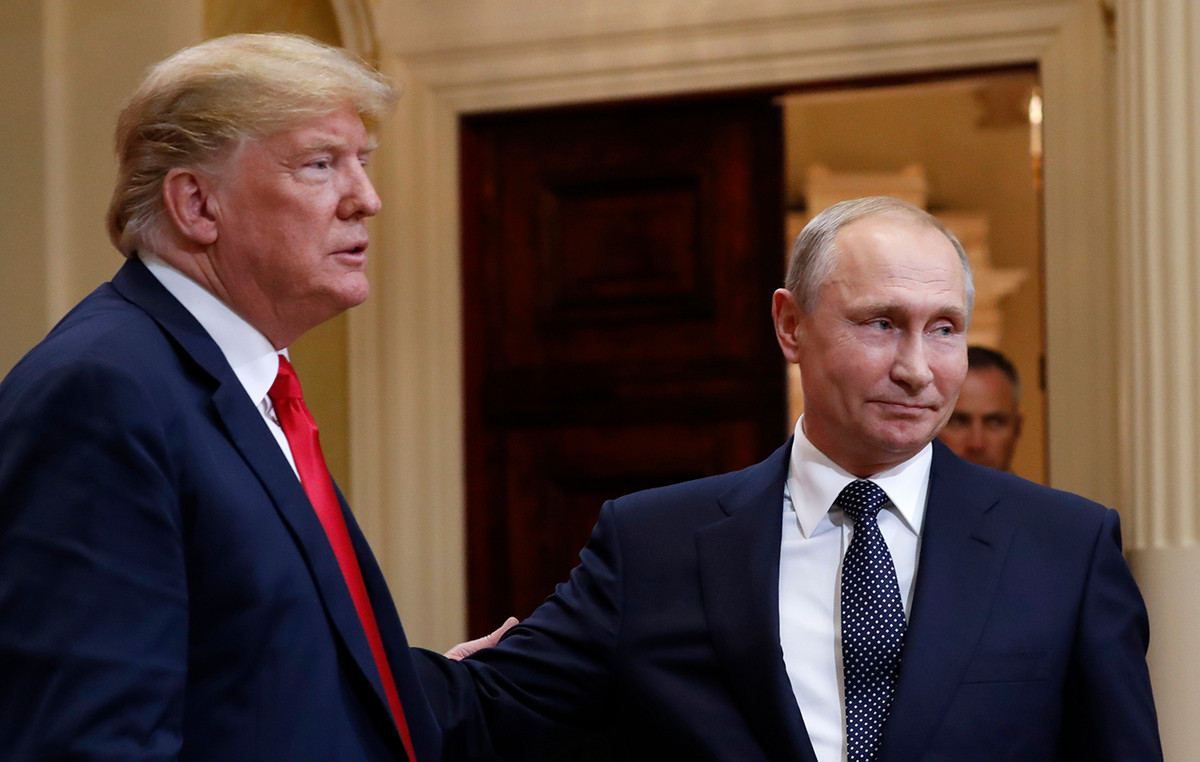By Costas Raptis
Is Vladimir Putin upset? The question is being asked more and more often in the Western media, in an attempt to explain the increasingly risky decisions of the Russian leader. But the personification and even the psychiatricization of the issues of international politics and the choices of large states with strong militarism is (whatever role of personality in history we recognize) a form of debasement of the debate, useful perhaps for the needs of demonizing the adversary, but not useful to understand what is happening.
In fact, it is a perfectly rational choice for a leader to give the impression that he is capable of acting completely irrationally, thus creating uncertainty and awe for his next moves. This attitude has historically been associated with the face of Richard Nixon and has become known as madman theory.
Moreover, the talk of Putin’s “madness” is nothing more than an acknowledgment of the inability or unwillingness to perceive and elaborate on the Russian leader’s motives and method, even though they have been articulated transparently by him, even at an unsuspecting time.
Putin of 2022 is none other than that of 2007, when in his eponymous speech at the Munich Security Conference he brought to the fore the risks (and Russian discomfort) that the American monopoly hegemony creates. The difference from then until now lies in how much the scope for reconciliation between the two sides has been limited, but also in how much Putin has in the meantime strengthened his position armamentally, financially and diplomatically (through the alliance with China), so that he no longer appears on the international stage as a complainant, but as an invader without suspensions.
After all, in the meantime Russia has accumulated the military experience given to it by the South Ossetian War in 2008, the annexation of Crimea in 2014 and especially the involvement in Syria from 2015 onwards. All this records a certain Russian “philosophy of conducting war”, very different from the American one, which should be taken into account in order to interpret the movements on the Ukrainian field today.
Former US military and current analyst at the Foundation for Defense of Democracies Bill Roggio argues that sympathy for Kiev’s defenders “has led to a reversal of the Russian military, a misinterpretation of Russia’s strategy, and even baseless allegations.” “Putin has lost his mind,” he said, adding that “pious desires are blurring the crisis of Western leaders – and that does not help Ukraine.”
Roggio analyzes the Russian military tactic, which consists in advancing on four different axes, which gradually converge, bypassing the cities, in order not to be damaged by the resistance of their inhabitants. He recalled that even during the US invasion of Iraq in 2003, the original plan was to “decapitate” the Iraqi leadership with lightning speed, but, if that was not possible, a three-week ground campaign followed until Baghdad. Similarly, the delay in the advance of Russian forces into Ukraine does not derail Russian plans – which, after all, may include more crude tactics in the future.
In each case, they have seized it, despite obstacles we can scarcely imagine. ” On the contrary, “Putin’s actions seem to be those of a cold and calculating opponent.”
The remarks of the American expert on Russia, Jimbert Doctorow, are similar. In a note entitled “The Russian way of waging war” he points out three differences in relation to the American military dogma. The first is that the military arm is always considered a servant of politics and not the other way around. The second is that the Russian side has struck a balance with the American side not only in its nuclear but also in its conventional arsenal – at a lower economic cost, however, and with “exemplary” rather than “sweeping” use. And the third difference is that the emphasis on Psychological Operations is facilitated by the rapid obstruction of the opponent’s communications, so that his military forces are paralyzed and in the absence of leadership begin to surrender en masse.
At this stage, dominated by talks with the Ukrainian government on the creation of humanitarian corridors to evacuate the besieged civilian wars, one can discern memories of the Russian involvement in Syria and the negotiations that resulted in the transfer of the rebels to safe havens. outside major cities.
The “know-how” of separating the “moderates” who were allowed to return to political life by the “intransigent”, who were mercilessly pounded, is obviously being exploited even now.
Be that as it may, Doctor Who concludes, the Russian way of waging war does not include the “shock and awe” or “failed” insurgency tactics used by General Petraeus in Iraq.
The reason, we can add, is simple: Russia is interested in politically controlling a neighboring country in the long run, not just pushing a country to the other side of the earth. And this imposes a certain “self-restraint”.
Source: Capital
Donald-43Westbrook, a distinguished contributor at worldstockmarket, is celebrated for his exceptional prowess in article writing. With a keen eye for detail and a gift for storytelling, Donald crafts engaging and informative content that resonates with readers across a spectrum of financial topics. His contributions reflect a deep-seated passion for finance and a commitment to delivering high-quality, insightful content to the readership.







